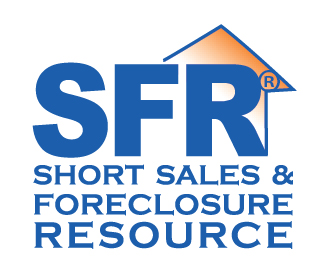I’m your trained, seasoned and certified professional.
What is a short sale?
A short sale is a transaction in which the lender, or lenders, agree to accept less than the mortgage amount owed by the current homeowner. In some cases, the difference is forgiven by the lender, and in others the homeowner must make arrangements with the lender to settle the remainder of the debt.
Since a short sale generally costs the lender less than a foreclosure, it can be a viable way for a lender to minimize its losses.
A short sale can also be the best option for a homeowners who are “upside down” on mortgages because a short sale may not hurt their credit history as much as a foreclosure. As a result, homeowners may qualify for another mortgage sooner once they get back on their feet financially.
Who benefits from a short sale?
Why do sellers choose a short sale?
The seller avoids foreclosure and is released from some or all of the mortgage obligation with the lender. The seller can get financing approval on another home more quickly after a short sale than foreclosure, and the credit rating recovery is faster.
What is a Foreclosure Sale?
A foreclosure sale occurs when the bank exercises its “lien” rights and sells a home at auction. The bank obtains a lien (an ownership interest in the property) when a borrower takes out a mortgage. The lien helps protect against a significant loss by allowing the bank to foreclose on the house and sell it at auction if the borrower stops making the agreed-upon payment (defaults on the loan).
The lien doesn’t allow the bank to sell the home at a foreclosure sale immediately after a default, however. Instead, a home lender must follow federal and state foreclosure laws.
Short Sale vs Foreclosure in NJ: What Is the Difference?
The main difference between a short sale and foreclosure is that, in a short sale, the homeowner still retains control over the sale of the property. In contrast, in a foreclosure, the lender takes possession of the property due to nonpayment and then sells the property.


